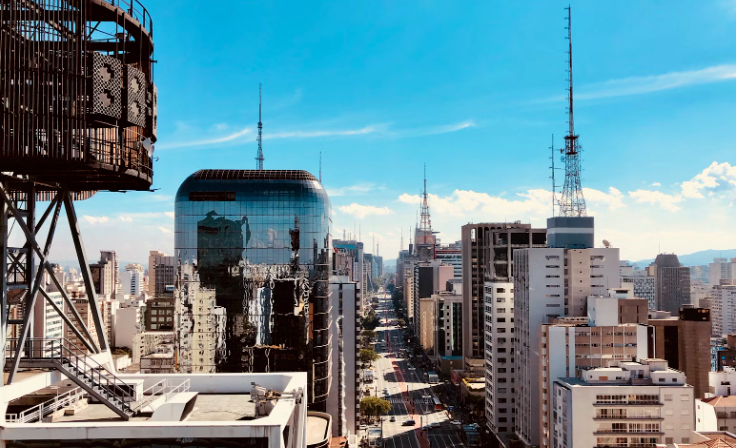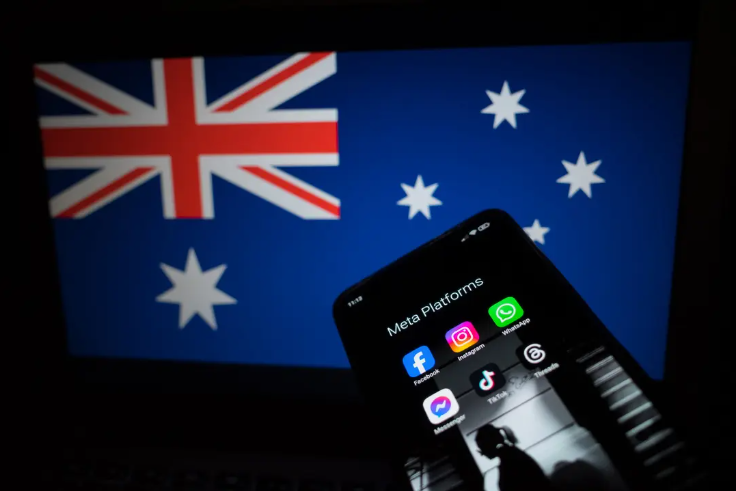São Paulo: Critics Claim Racial Bias in Facial Recognition
As the 12M-strong Brazilian megalopolis of São Paulo prepares to install tens of thousands of facial recognition surveillance cameras, rights activists have expressed concerns that this project may have negative consequences such as aggravating racism and inequality.

Facts
- As the 12M-strong Brazilian megalopolis of São Paulo prepares to install tens of thousands of facial recognition surveillance cameras, rights activists have expressed concerns that this project may have negative consequences such as aggravating racism and inequality.1
- Critics fear that the Smart Sampa system — meant to help enhance security amid a surge in muggings in the city — would undermine the right to non-discrimination and privacy while also threatening the principle of presumption of innocence.1
- Academic reports suggest that racial recognition accuracy is poor regarding Black people, with AI-trained bots consistently labeling them as criminals, allegedly due to overrepresentation in mugshot data.2
- While the contracting process was suspended twice based on such concerns, São Paulo-based tech firm PK9 succeeded in securing a monthly bid of around $1.8M to operate the system over five years.1
- This comes as the process was allowed to continue in May after a local court concluded that there was not enough evidence indicating that the security system "would exacerbate social and racial discrimination."3
- According to the CIA World Factbook, Brazil has an estimated population of over 218M people in 2023, of which 7.6% are Black and 43.1% are mixed-race, based on 2010 reports.4
Sources: 1Al Jazeera, 2Forbes, 3Agência Brasil, and 4CIA.
Narratives
- Left narrative, as provided by Scientific American. Facial recognition has a well-known problem of identifying dark-faced people, a flaw that is likely to aggravate racial profiling and lead to wrongful arrests as officers — believing that these programs are foolproof — may use this technology to confirm their own biases. While inevitable, the adoption of facial recognition by law enforcement must be coupled with training on its problems and historical discrimination.
- Right narrative, as provided by American Spectator. Despite being echoed by the leftist camp and resulting in curtailment of the technology, claims that facial recognition is racist and aggravates disparities toward Black and Brown communities are completely groundless as differences in false positives across races were undetectable among the most accurate algorithms. Rather than racism, the actual issue regarding this technology is privacy.






